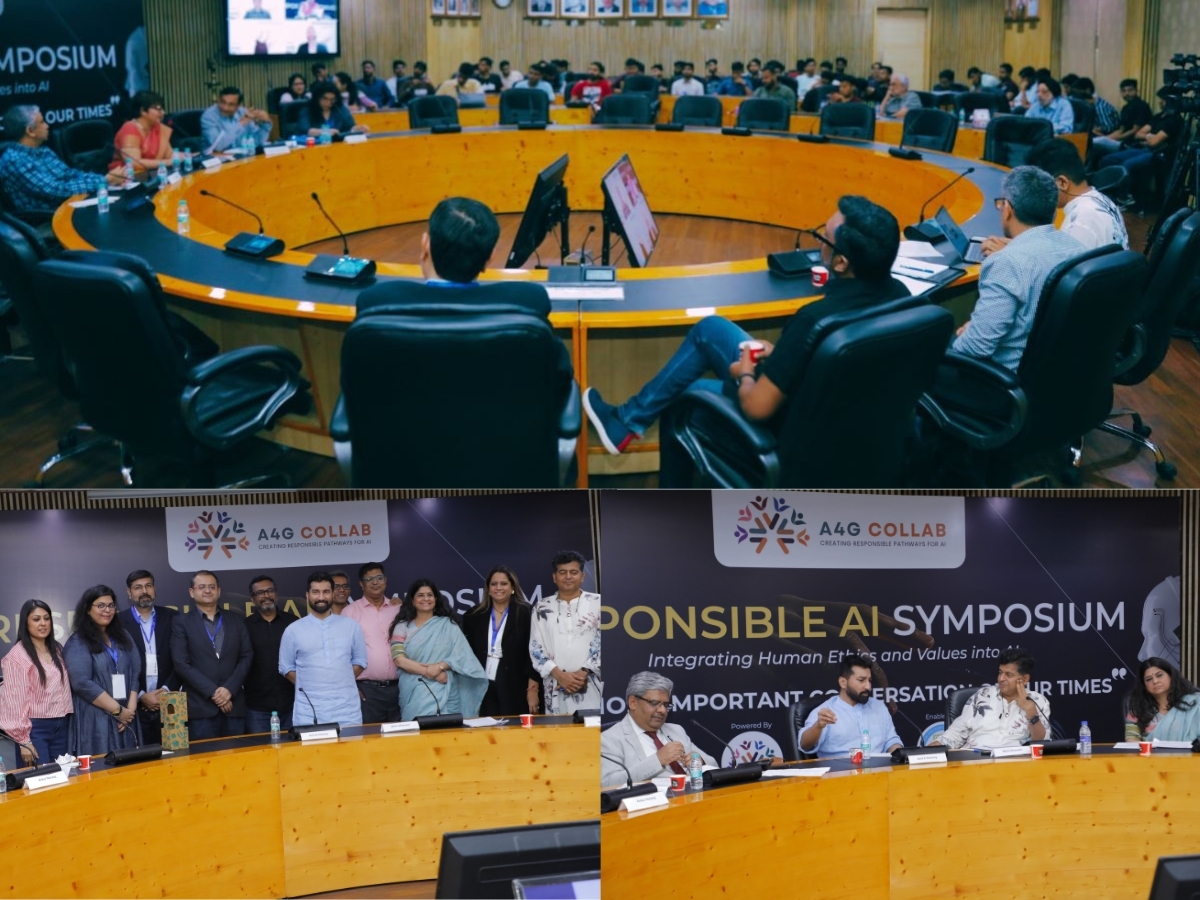Himachal Pradesh: Assembly panel yet to finalise policy on vendor identification
Sep 27, 2024

Shimla (Himachal Pradesh) [India], September 27 : The Himachal Pradesh government clarified on Friday that no decision has been taken so far to make it mandatory for street vendors to display their identity cards.
Following a statement by state's Urban Development Minister, Vikramaditya Singh, the government emphasized that the assembly-formed committee responsible for drafting the policy has not yet convened.
Naresh Chauhan, Principal Media Advisor to the Himachal Pradesh Chief Minister, while speaking to ANI, stated, "The Speaker has constituted a committee that includes ministers from both Congress and BJP, alongside other MLAs. Only after the committee's report is considered will the cabinet take a final decision. So far, the government has not decided that vendors need to display their identity or photos."
He further addressed comparisons to policies in other states, particularly Uttar Pradesh, and dismissed the idea of following the "UP and Yogi model."
"There is no need for a UP-style model in Himachal Pradesh," Chauhan asserted. He also reiterated that the government is working independently to shape its policies, stating, "We will take a decision on this based on our discussions, the committee's report, and the feedback from the people."
Vikramaditya Singh, in his capacity as the Urban Development Minister, discussed the issue with officials. The committee in question includes key members, such as the Health Minister, who will deliberate on the matter before the cabinet makes any decisions.
Chauhan further clarified, "The people who work here have licenses. There has been no decision so far to mandate vendors to display their name, photo identity, or registration number outside their shops."
He also highlighted the government's welcoming attitude towards workers from other states, emphasizing, "Anyone from any part of the country is welcome to work in Himachal Pradesh. We will maintain records, but under constitutional rights, people are free to work in any state. Our priority is to keep proper records, but we don't see a need to emulate policies from other states," Chauhan said.



















